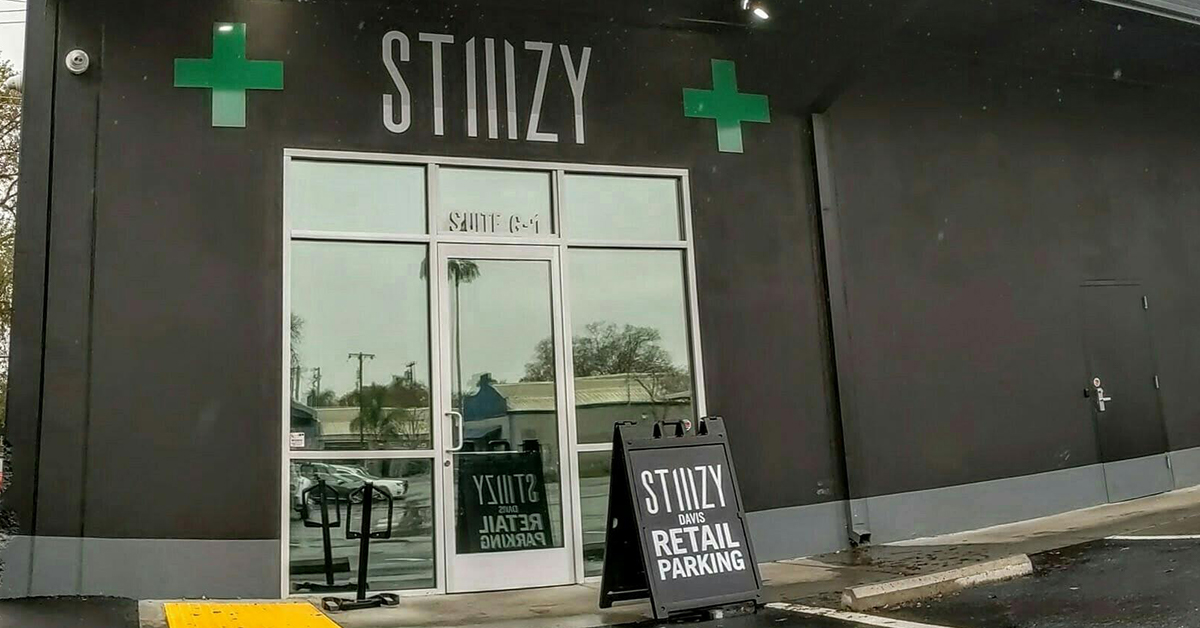A leading U.S. cannabis brand, STIIZY, faces legal action over claims that its high-potency vape products and marketing strategies are linked to rising cases of Cannabis-Induced Psychosis (CIP) in minors.
According to a lawsuit filed, a high school student from Marin County, who was academically and athletically accomplished, suffered long-term psychosis from excessive use of STIIZY’s products.
The litigation brought by Ribera Law Firm accuses STIIZY of targeting young consumers without adequately warning of the risks cannabis can pose.
John Doe’s Story
From 2020 to 2022, Doe, influenced by STIIZY ads on social media, escalated his usage from occasional to daily, leading to severe psychological symptoms. After a brief cessation during a family vacation, his condition deteriorated rapidly, culminating in a psychotic episode that led to his involuntary admission to a psychiatric facility.
After a series of distressing incidents, including an escape from a hospital and delusional outbursts, Doe remains under medical care, with doctors warning of a high likelihood of permanent psychosis if he resumes cannabis use.
Scientific research supports that frequent use of high-potency cannabis significantly raises the risk of chronic psychosis and schizophrenia. Data indicates that current THC levels in cannabis are notably higher than in the past, which correlates with increased incidence of CIP.

STIIZY’s products are about three times as potent as typical cannabis strains, intensifying the risk of developing CIP, particularly in adolescents.
Experts like Dr. Christian Thurstone emphasize that the likelihood of developing severe mental conditions is dose-dependent and particularly significant during adolescence.
Allegations
The lawsuit claims STIIZY’s advertising misleadingly focuses on the benign effects of cannabis use, like alleviating anxiety, without addressing the severe health risks. It portrays cannabis use in appealing scenarios that attract young audiences, effectively minimizing the perceived dangers.
Despite a decline in youth perception of cannabis dangers, federal data shows a significant need for concern, particularly with high-frequency or high-potency usage.
The lawsuit seeks not only damages but also a change in STIIZY’s marketing approach to prevent youth-targeted advertising.
Looking Forward
Following the legalization of cannabis in California, emergency visits related to cannabis psychosis have surged, highlighting the potential public health implications of underestimating the drug’s potency and effects.
While some argue that new warning labels are an overreach, the increasing hospitalizations underline the urgency for stricter regulations to protect young users.
Study Says High Potency Cannabis Linked to Youth Psychosis









